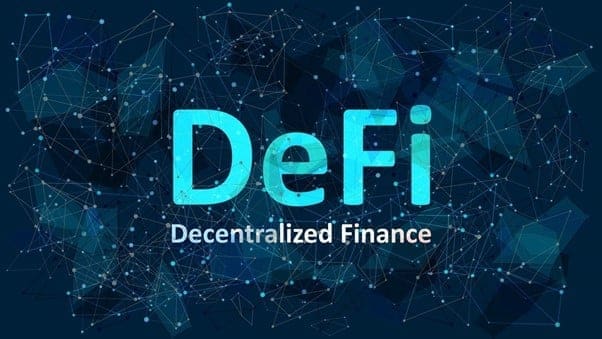Decentralized Finance: Everything you need to know
Decentralized finance refers to a financial system where transactions are processed without mediation by a third party. This system has proven to be effective and poses competition to centralized finance. People who use decentralized finance can carry out peer-to-peer transactions.
It mainly consists of stablecoins, software, and hardware that are used mainly for the creation of applications. With decentralized finance, you can give and ask for loans and trade while software records the transactions. This software is accessible almost everywhere and makes use of a consensus mechanism.
Decentralized finance operation mechanism
Decentralized finance is associated with blockchain technology. There are certain apps known as dApps that have been designed to carry out transactions and run the blockchain. Transactions recorded in the blocks are verified by the users in the blockchain.
This, therefore, means that if there is a disagreement between the two parties, the information will not be recorded. Blocks are joined, and information in previous blocks cannot be altered without affecting the preceding blocks.
Decentralized finance uses
Decentralized finance is used for peer-to-peer transactions. This is when two parties agree to exchange goods and services using cryptocurrencies without a third party being involved.
When requesting a loan, an algorithm matches peers that agree on how to go about the process. Once the agreement has been made, the peer-to-peer transaction is carried out using a dApp.
Decentralized finance gives the convenience of
High accessibility: This is because anybody who has access to an internet connection can access a decentralized finance platform. In addition, there are no restrictions for any location.
Affordable fees and interest rates on loans: The parties can negotiate on the interest rates when one wants a loan.
High levels of security: Information stored in blockchains cannot be tampered with easily. The transactions are available for anybody to check since smart contracts appear on the blockchain.
Independence: Peer-to-peer transactions take place without a third party being involved. The parties do not rely on centralized financial institutions, and they have control over their own money.
Use of wallets: The creators of decentralized finance came up with digital wallets that function independently. These wallets can store cryptocurrencies and money.
It is important to understand that it also comes with its disadvantages.
Decentralized finance disadvantages
There is no protection for the partners or consumers: Decentralized finance relies on the partners’ transparency. Peer-to-peer transactions are irreversible, and in case something goes wrong, there is no way to change it. There are no rules and regulations guarding decentralized finance, and this makes it risky.
Risk of hacking: Peer-to-peer transactions rely on software systems to record information. This software can be hacked as much as blockchain technology makes it difficult for information to be altered.
High collateral requirements: Most decentralized finance transactions require collateral that amounts to at least 100% of the loan value. This does not favor a lot of people and therefore limits the number of people eligible for decentralized finance loans.
Private key requirement: To use decentralized finance, you need to use an e-wallet to store your cryptocurrencies. These wallets are secured with private keys. The keys contain codes that are unique to each wallet. In case you lose the key, you cannot recover it, and you’ll be denied access to your wallet.
The Future of decentralized finance
Decentralized finance is growing more and more popular every day. Many investors are, however, alarmed that the risks associated with it are extreme. They suggest that the system should be reviewed. Independence in money transactions may seem attractive, but a set of regulations should be laid down to ensure these transactions are performed smoothly.
Conclusion
Decentralized finance is a great way to enable investors and partners to engage in cryptocurrencies and other transactions independently. Cryptocurrency is thriving, and it will be a necessary asset in the future. We, therefore, have to be ready to embrace the risks and benefits this system holds and make the most of it.

